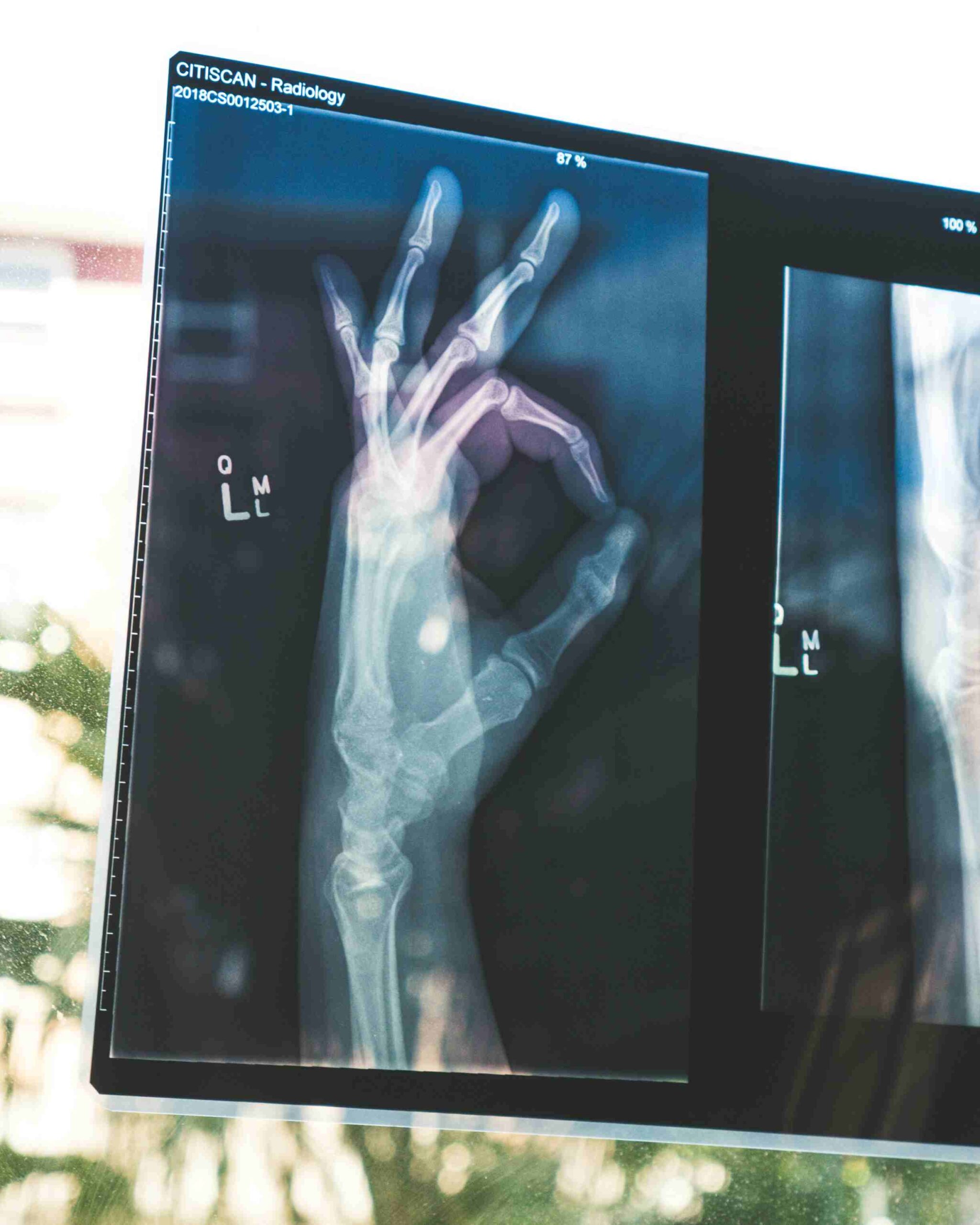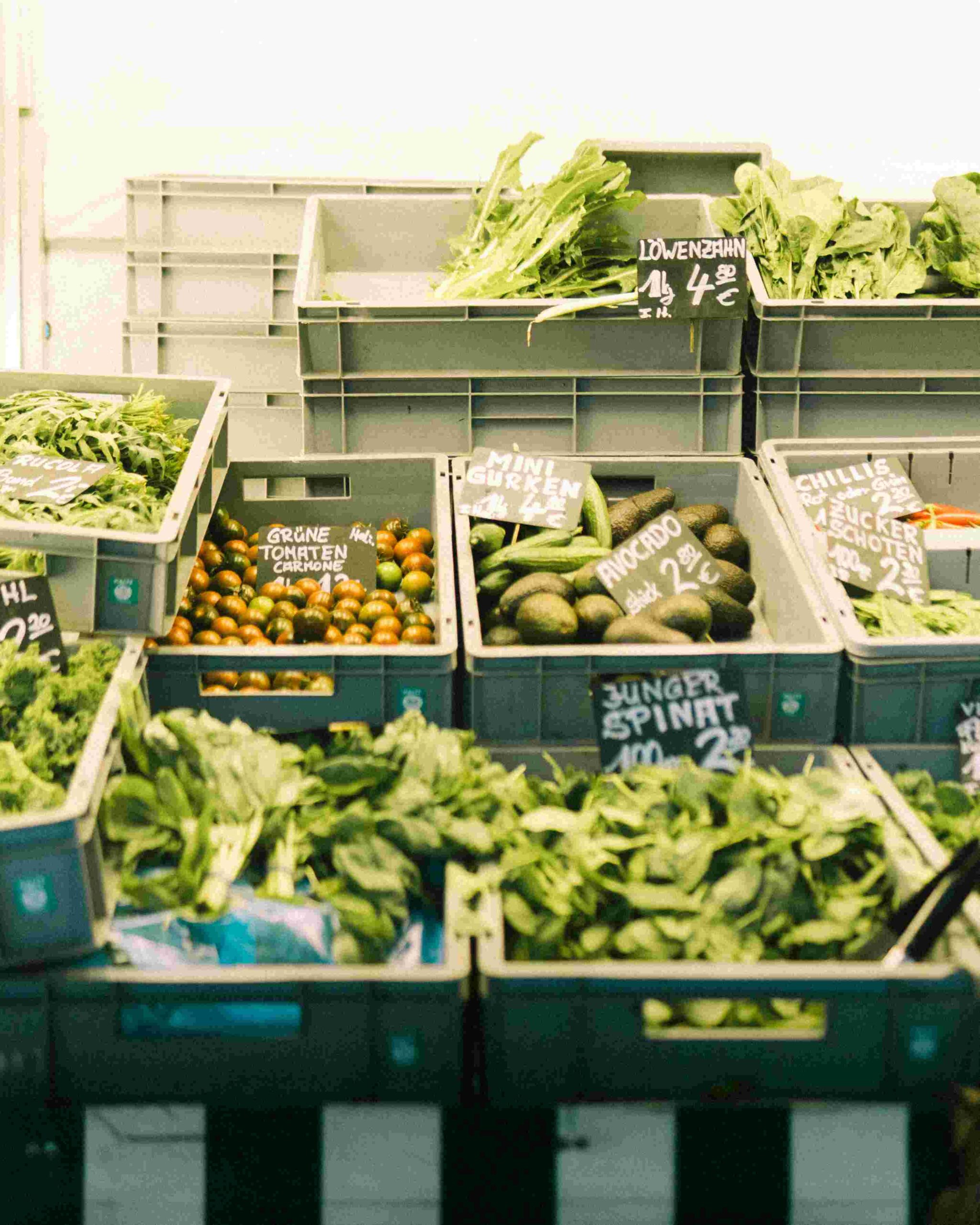
What is Constipation and What Causes it?
Constipation is one of the most common digestive issues and can cause significant discomfort for many people. This condition, which results from a slow digestive system, insufficient water intake, and a low-fiber diet, can negatively impact the quality of life. Fortunately, there are numerous effective methods to relieve constipation, from natural remedies to dietary tips. In this article, we will explore various strategies to alleviate constipation and discuss lifestyle changes you can implement to prevent this issue.
Constipation is a condition where bowel movements are infrequent or difficult. It is generally considered constipation if you have fewer than three bowel movements per week, and if stools are hard and dry. Common causes of constipation include:
- Low fiber intake: Fiber helps keep stools soft and bulky. A diet low in fiber increases the risk of constipation.
- Insufficient water intake: Water aids in the smooth passage of stool through the intestines. Dehydration can lead to hard stools and constipation.
- Inactivity: Lack of physical activity can slow down bowel movements.
- Stress: Stress can affect the digestive system, leading to issues like constipation.
Dietary Tips to Relieve Constipation
Addressing constipation requires careful consideration of your diet. It is important to avoid certain triggers that can lead to constipation. Low-fiber, high-fat foods, highly processed foods, and fast food can exacerbate constipation. Additionally, prolonged inactivity, stress, and insufficient water intake can also trigger constipation. Choosing the right foods can help regulate your bowel movements. Here are some foods that may help with constipation:
Eat Fiber-Rich Foods
Fiber is one of the most important factors in preventing constipation. It helps increase bowel movements and makes stools easier to pass. Regular fiber consumption is one of the most effective ways to prevent constipation. Including sufficient fiber-rich foods in your daily diet helps regulate bowel movements and reduces the risk of constipation.
Foods rich in fiber include:
- Whole grains: Oats, barley, and quinoa are high in fiber.
- Vegetables: Spinach, broccoli, carrots, and squash are rich in fiber.
- Fruits: Apples, pears, figs, dried apricots, and prunes are high in fiber.
Regulate Fat Intake
Healthy fats help soften stools and facilitate bowel movements. Including sources of healthy fats like olive oil, avocado, nuts, and seeds in your diet can be effective in preventing constipation.
Increase Fluid Intake
Ensuring you do not neglect water intake is a fundamental strategy for preventing constipation. Water is essential for the digestive system. Drinking water regularly throughout the day keeps the intestines hydrated and facilitates the easy passage of stool. To prevent and alleviate constipation, it is essential to increase your fluid intake. Aim to drink at least 8-10 glasses of water daily. Herbal teas can also help meet your fluid needs.
Support Your Gut Flora with Probiotics
Probiotics are beneficial bacteria that help balance your gut flora. These bacteria contribute to regular digestion and can relieve constipation. Foods containing probiotics include fermented foods like sauerkraut.
Incorporate Prebiotics into Your Diet
In addition to probiotics, prebiotics are essential for promoting a healthy gut flora. Prebiotics are a type of fiber that feeds the beneficial bacteria in your gut, helping them thrive and support digestion. Foods rich in prebiotics include:
- Bananas: High in inulin, a type of prebiotic fiber.
- Onions and Garlic: Contain natural compounds that promote healthy gut bacteria.
- Asparagus: Packed with inulin, asparagus is another great prebiotic food.
- Leeks: Similar to onions and garlic, leeks contain prebiotics that aid in digestion.
Incorporating these foods into your daily meals can support your digestive health and prevent constipation.
Prevent Constipation with Lifestyle Changes

In addition to diet, making certain lifestyle changes is crucial to preventing and relieving constipation. Regular physical activity, avoiding stress, and establishing a regular toilet routine can positively affect gut health.
Exercise Regularly
Physical activity stimulates bowel movements and helps the digestive system function regularly. Avoid Inactivity. Prolonged sitting or inactivity can slow down bowel movements and increase the risk of constipation. Try to stay active and maintain a lifestyle that promotes movement. Aim for at least 150 minutes of moderate exercise per week. Activities like walking, cycling, and swimming support gut health. Making physical activity a regular part of your routine speeds up bowel movements and prevents constipation. By keeping your intestines active during exercise, you ensure the proper functioning of your digestive system.
Manage Stress
Stress can negatively impact the digestive system and lead to issues like constipation. Managing stress through relaxation techniques like meditation, yoga, or breathing exercises can ease your digestive system and help relieve constipation.
Consider incorporating the following practices into your routine:
- Meditation: Regular meditation can help reduce stress and create a calm environment for digestion.
- Deep breathing exercises: Practicing deep breathing can stimulate the vagus nerve, which plays a role in gut motility.
- Yoga: Certain yoga poses, such as the “wind-relieving pose” (Pavanamuktasana), can help stimulate the digestive system.
Making relaxation a part of your daily routine can have a positive impact on your overall digestive health.
Establish Regular Toilet Habits
Establishing a regular toilet routine can help train your body to have consistent bowel movements. Avoid delaying the urge to use the toilet. Try to go to the bathroom at the same time every day, preferably after a meal when your digestive system is more active. This routine can help reduce instances of constipation and create a more predictable pattern of bowel movements. Additionally, adopting a comfortable posture while on the toilet can make bowel movements easier. Put your feet on a heightened level for a squat position.
Natural Remedies for Constipation
Prioritizing natural remedies to alleviate constipation can be a healthier solution. For example, certain herbal teas, medicinal herbs, and natural oils may support digestive health by stimulating the bowels and thus provide relief. Exploring less common natural remedies, such as specific plant-based solutions and their uses, can offer you additional options for relieving constipation.
Herbal Teas
Certain herbal teas can increase bowel movements and relieve constipation. Fennel, mint, and chamomile teas, in particular, have digestive-supporting properties. Drinking these teas regularly can help alleviate constipation.
Aloe Vera
Aloe vera is known as a natural laxative and can be used to relieve constipation. Aloe vera juice or gel can soften the bowels and facilitate the passage of stool. However, it is important to avoid excessive use of aloe vera and to consult a doctor.
Magnesium Supplements
Magnesium can relax the bowel muscles and make it easier for stool to pass. Taking magnesium supplements or consuming foods rich in magnesium (e.g., leafy green vegetables, and nuts) can help relieve constipation.
Long-Term Strategies to Prevent Constipation

In addition to short-term solutions, long-term strategies are also important in preventing constipation. You can take certain steps to maintain gut health and prevent constipation from becoming a recurring issue.
There are some important points to consider when dealing with constipation. In addition to proper nutrition, sufficient fluid intake, and regular exercise, some important tips can help alleviate constipation.
Avoid Foods That Can Worsen Constipation
While adding beneficial foods to your diet is crucial, it’s also important to avoid foods that can worsen constipation. Some foods can slow down digestion and make stools harder to pass, such as:
- Red meat: High in fat and low in fiber, red meat can be difficult to digest and may contribute to constipation.
- Processed foods: Foods high in preservatives and lacking in fiber, like fast food and pre-packaged snacks, can lead to constipation.
- Fried foods: These foods are often high in unhealthy fats, which can slow down digestion.
Reducing your intake of these foods and focusing on a diet rich in fiber and hydration will help alleviate constipation symptoms.
Be Careful with Laxative Use
Laxatives can be used to temporarily relieve constipation. However, long-term use of laxatives can lead to bowel dependence and worsen the issue. It is important to consult a doctor before using laxatives.
When to See a Doctor for Constipation
Constipation can usually be relieved with home remedies. However, in some cases, constipation may indicate a more serious health issue. It is important to consult a healthcare professional in the following situations:
- Persistent constipation: If constipation has become chronic and home remedies are not effective.
- Severe abdominal pain: If you experience severe abdominal pain along with constipation.
- Bleeding: If you notice blood in your stool or experience rectal bleeding.
- Unexplained weight loss: If you experience unexplained weight loss along with constipation.
Use Fiber Supplements
If you find it challenging to get enough fiber from your diet alone, consider using fiber supplements. Psyllium husk, for example, is a popular supplement that can increase fiber intake and improve bowel regularity. It’s important to start with a small dose and gradually increase it, as too much fiber at once can cause bloating or gas.
Monitor and Adjust Your Diet
Pay attention to how your body responds to different foods and make adjustments as needed. Keep a food diary to track what you eat and how it affects your bowel movements. This can help you identify specific foods that may trigger constipation and allow you to adjust your diet accordingly.
Psychological Health and Digestive Relationship
Stress and anxiety can directly affect the digestive system. Psychological health issues can slow down bowel movements and lead to constipation. Techniques for managing stress, such as meditation and deep breathing exercises, can positively impact digestion. Additionally, discussing how psychological health affects overall bodily functions and how to improve digestion can provide valuable insights for you.
Constipation in Children and the Elderly
Managing constipation in children and the elderly often requires different approaches. For children, preventing constipation may involve a diet high in fiber, sufficient water intake, and regular physical activity. For elderly individuals, focusing on hydration and softer fiber sources might be more appropriate due to changes in the digestive system. Providing specific strategies and dietary recommendations tailored to these age groups can help manage constipation effectively.
Food Sensitivities and Allergies
Some individuals may develop sensitivities to certain foods, which can lead to digestive issues such as constipation. For instance, avoiding certain foods that trigger sensitivities can help alleviate constipation. Learning about the effects of food sensitivities and allergies on digestion and how to manage them can provide practical advice for you.
Conclusion
Constipation, though common, can be effectively managed with the right combination of dietary choices, lifestyle adjustments, and natural remedies. By incorporating fiber-rich foods, staying hydrated, and maintaining a regular exercise routine, you can alleviate constipation and improve your overall digestive health. Additionally, being mindful of stress levels and establishing healthy bathroom habits can further support regular bowel movements. If you find that these strategies are not effective, it’s important to consult with a healthcare professional to rule out any underlying conditions. Taking proactive steps to manage constipation can lead to long-term relief and a healthier, more comfortable life.
Take Action Now!
Start improving your digestive health and preventing constipation today! Begin by adding more fiber to your diet, increasing your water intake, and incorporating regular exercise into your routine. If you need guidance on these steps or are unsure where to start, consult with a nutritionist or healthcare professional. Take action for your health today and start living a more comfortable, energetic life! Get insightful tips in our newsletter or join us on social media!
Foods that Naturally Increase Bone Density
Bone health is essential at every stage of life,...
Adaptogen Plants: Natural Ways to Manage Stress
In a world where stress is part of daily life,...
Vegan and Vegetarian Nutrition
Why People Choose Vegan and Vegetarian Diets...
Maximize Your Performance: Nutrition Before and After Exercise
Introduction Optimizing your nutrition...
Sustainable Nutrition and Eco-Friendly Consumption
Introduction to Sustainable Nutrition...
Strengthening Your Immune System Through Proper Nutrition
Introduction The immune system is our...
The Connection Between Psychology and Nutrition
Introduction The connection between psychology...
Physiotherapy and Nutrition in Musculoskeletal Diseases
Physiotherapy plays a critical role in managing...
Small Intestinal Bacterial Overgrowth (SIBO)
Introduction Small Intestinal Bacterial...










